Education as an Art
Although much has been achieved in the 20th century, we have not yet learned how to educate our children correctly. We are content to fill them with intellectual knowledge which destroys their natural curiosity and produces people who orient themselves in one-sided materialistic values.
A totally new approach to education was designed by Rudolf Steiner, the Austrian Philosopher and thinker. His method stems from a strong belief that man is in essence a spiritual being, and that education should seek the development of the total child. Education is an art when the teacher understands what capacities are present in the child at each stage of development and knows how to channel them in the right way.
The true aim of education is not the mastery of a particular body of knowledge, but to develop free human beings who, of themselves, are able to give purpose and direction to their lives.
About the Author
Rudolf Steiner (1861–1925) was born in the small village of Kraljevec, Austro-Hungarian Empire (now in Croatia), where he grew up. As a young man, he lived in Weimar and Berlin, where he became a well-published scientific, literary, and philosophical scholar, known especially for his work with Goethe’s scientific writings. At the beginning of the twentieth century, he began to develop his early philosophical principles into an approach to systematic research into psychological and spiritual phenomena. Formally beginning his spiritual teaching career under the auspices of the Theosophical Society, Steiner came to use the term Anthroposophy (and spiritual science) for his philosophy, spiritual research, and findings. The influence of Steiner’s multifaceted genius has led to innovative and holistic approaches in medicine, various therapies, philosophy, religious renewal, Waldorf education, education for special needs, threefold economics, biodynamic agriculture, Goethean science, architecture, and the arts of drama, speech, and eurythmy. In 1924, Rudolf Steiner founded the General Anthroposophical Society, which today has branches throughout the world. He died in Dornach, Switzerland.


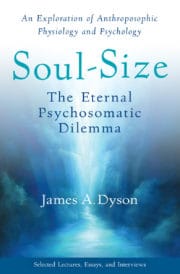




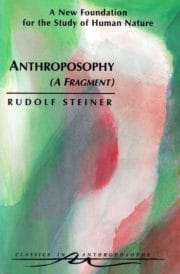
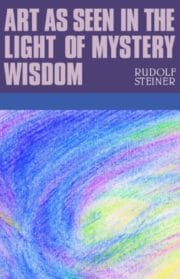
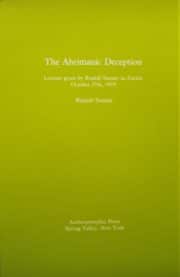
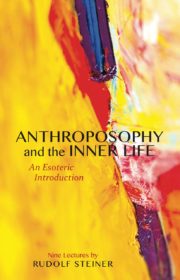

Reviews
There are no reviews yet